The field of Mechanical and Rail Engineering combines mechanical engineering principles with specialized knowledge related to railway systems. This unique blend equips graduates with the skills needed to design, maintain, and operate mechanical components in the railway industry. To pursue a Bachelor of Technology (B.Tech) in Mechanical and Rail Engineering, it's essential to understand the eligibility criteria and fee structure.
-
Educational Qualifications: Candidates should have completed their 10+2 education (or its equivalent) from a recognized board or institution. It is generally mandatory for candidates to have studied core subjects such as Mathematics, Physics, and Chemistry during their 10+2 years. These subjects provide the foundational knowledge necessary for engineering studies.
-
Minimum Marks: Most institutions set a minimum percentage requirement for 10+2 examinations. The specific cutoff may range from 50% to 75%, depending on the institution and the level of competition.
-
Entrance Examinations: Many universities and engineering colleges in India require candidates to appear for entrance examinations. Commonly accepted exams include the Joint Entrance Examination (JEE) Main and state-level engineering entrance exams. A competitive score in these exams is often essential for admission to prestigious institutions.
-
Age Limit: Generally, there is no specific age limit for B.Tech admissions, but candidates should verify any age criteria specified by individual institutions.
-
Reserved Categories: Colleges often allocate reserved seats for candidates from specific categories, such as Scheduled Castes (SC), Scheduled Tribes (ST), Other Backward Classes (OBC), and Persons with Disabilities (PWD). These candidates may have lower cutoffs and additional benefits during the admission process.
-
Domicile Requirement: In some state universities, a certain percentage of seats are reserved for candidates who are residents of that particular state. Non-resident candidates may still be eligible, but they may face stiffer competition for available seats.
-
NRI Quota: Some institutions have an NRI (Non-Resident Indian) quota, allowing NRI or foreign national students to secure admission under different criteria and with a higher fee structure.
The fee structure for a B.Tech program in Mechanical and Rail Engineering can vary significantly depending on various factors, including the type of institution (public or private), the location of the college, and the candidate's category (general, reserved, or NRI). Here is a general overview of the fee structure:
1. Government-Funded Institutions: Public engineering colleges and universities typically offer B.Tech programs at a more affordable cost compared to private institutions. Annual tuition fees in government-funded B.Tech programs can range from INR 10,000 to INR 50,000 for Indian nationals.
2. Private Institutions: Private engineering colleges often have higher tuition fees than government-funded ones. Fees in private colleges can vary widely, with renowned institutions charging annual fees ranging from INR 1 lakh to INR 3 lakhs or more.
3. NRI Quota: For NRI or foreign national candidates, the fee structure is generally higher. NRI candidates usually pay a higher tuition fee, which can range from INR 1 lakh to INR 5 lakhs or more per year.
4. Scholarships: Many institutions offer scholarships based on academic performance or financial need. Exceptional students may receive partial or full fee waivers through scholarship programs.
5. Additional Costs: Beyond tuition fees, students should budget for other expenses such as accommodation, books, transportation, and living expenses. These costs can vary depending on the city and individual lifestyle choices.
6. Government Schemes: Some Indian states have government schemes that provide financial assistance to economically disadvantaged students pursuing higher education. Eligible candidates can benefit from reduced fees or scholarships.
 4 Years
4 Years
 Under Graduate
Under Graduate
 Engineering
Engineering

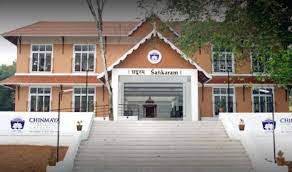
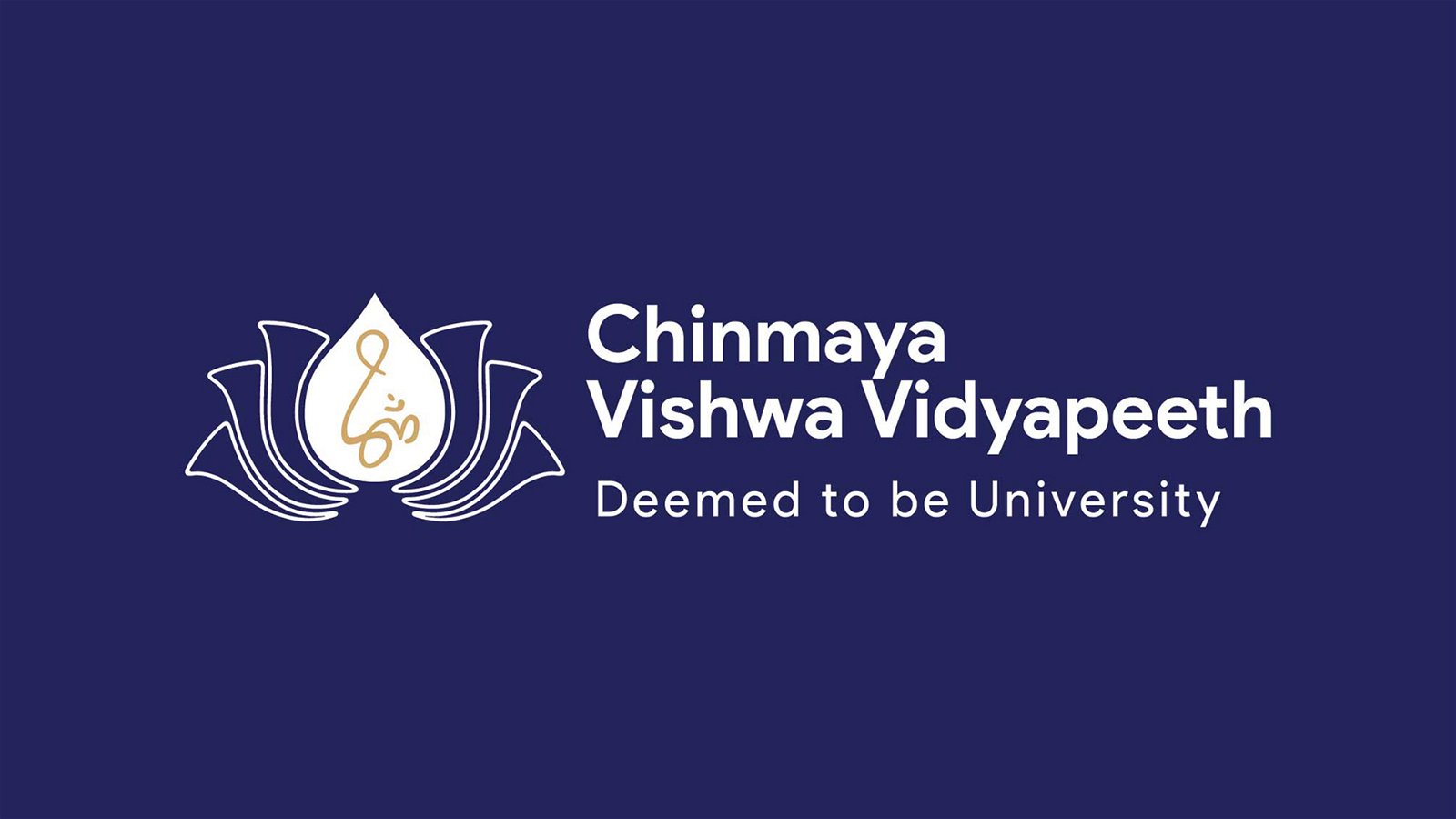
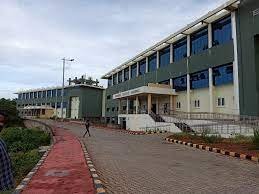
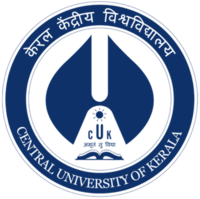
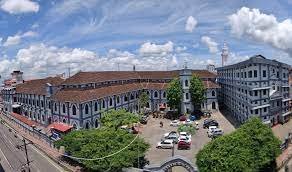
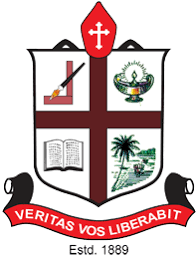

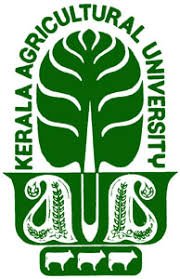
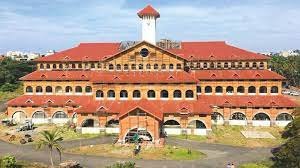
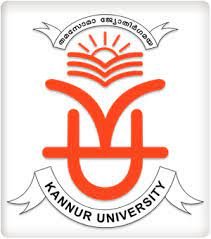
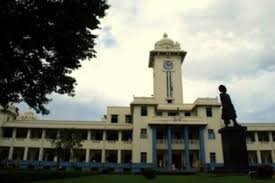
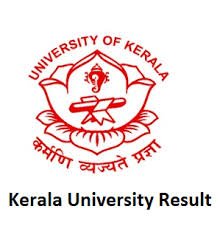

 back
back

